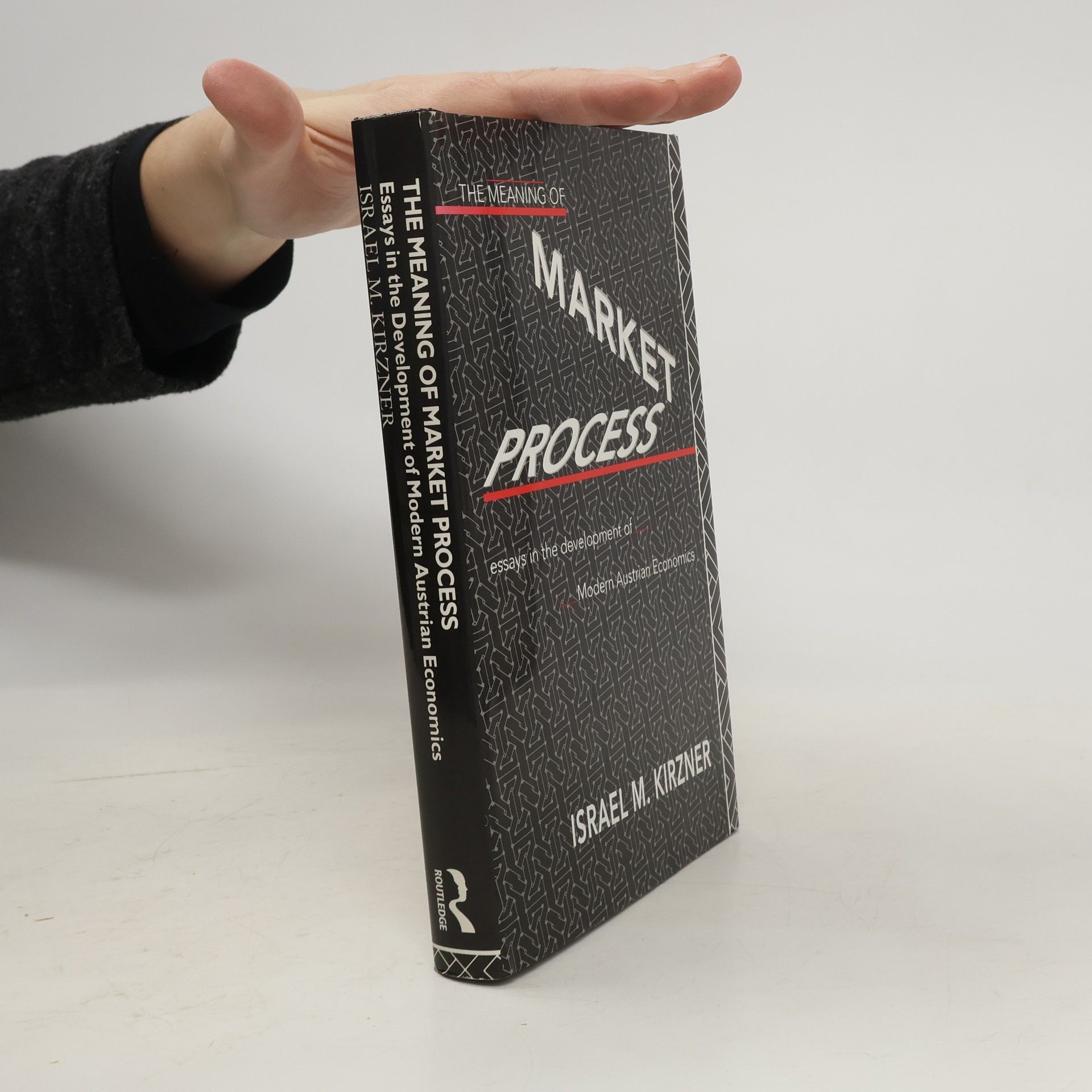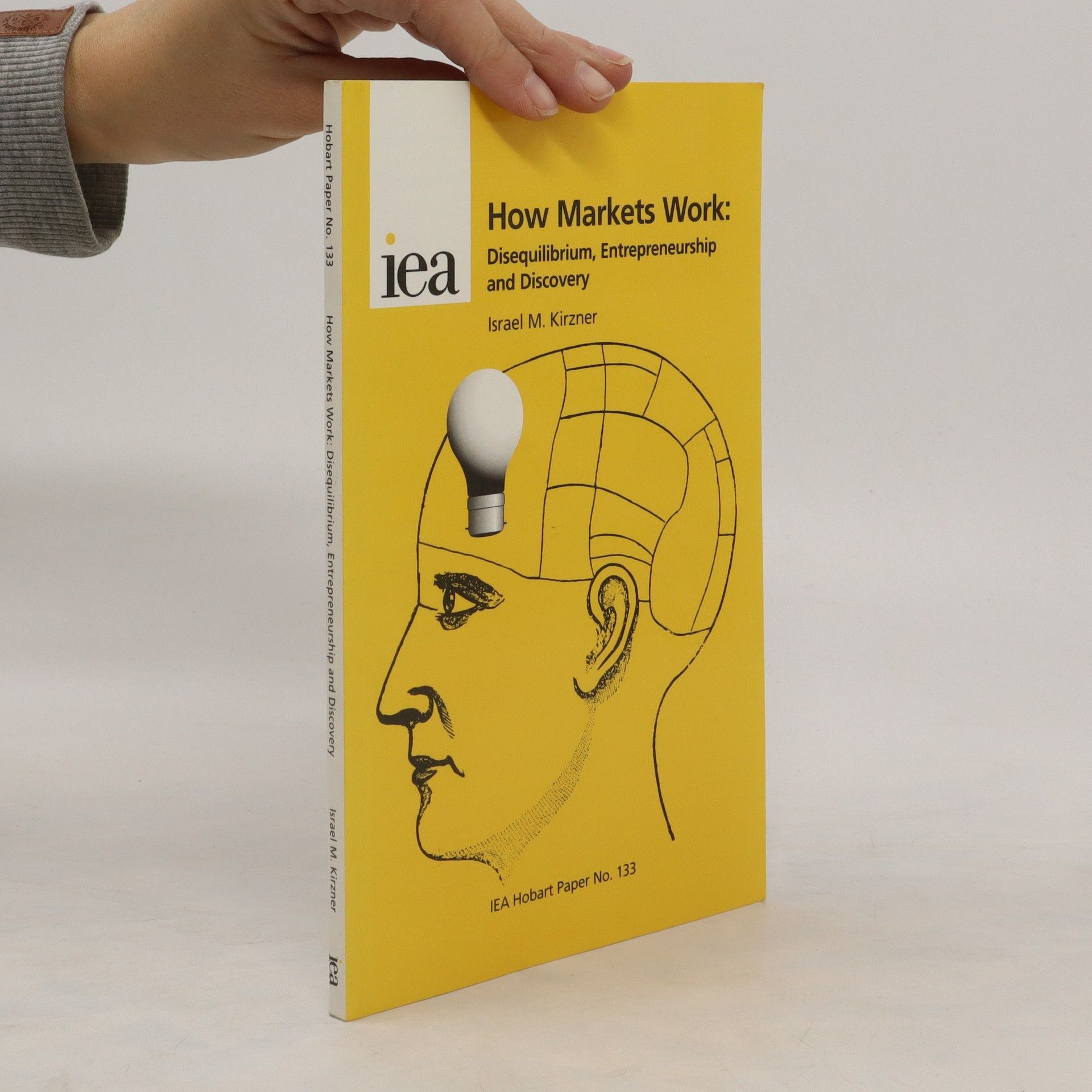How Markets Work. Disequilibrium, Entrepreneurship, and Discovery
- 80pages
- 3 heures de lecture
In the last hundred years or so, the neo-classical school has come to dominate microeconomic thinking. Economists concerned with competition have taken refuge in increasingly complex models which emphasize the end-state of competitive equilibrium. This paper presents, in non-technical terms, an 'Austrian' view of how a market economy works. The writer of this book follows in the Austrian tradition as he tries to crystallize the theory of entrepreneurial discovery and of its implications for economic understanding and policy.




